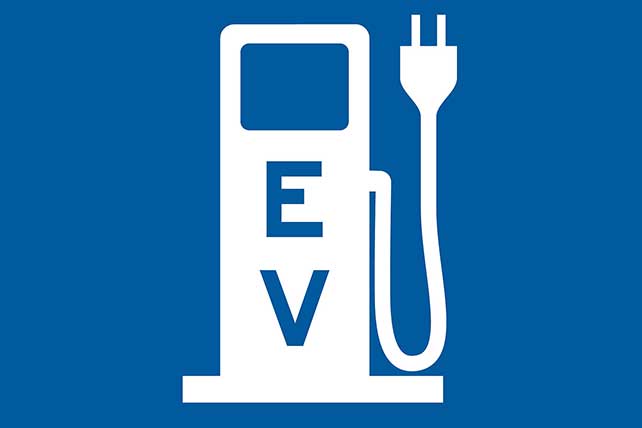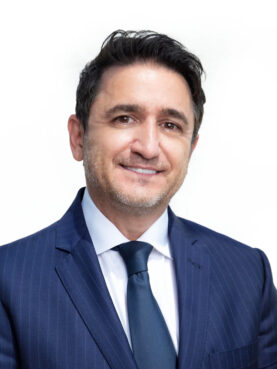(RNS) — As more drivers make the decision to switch from gas-powered cars to electric vehicles, places to power them remain few and far between in large parts of the country. And with the Inflation Reduction Act of 2022 incentivizing clean energy and electric cars, as well as providing investments for green technology, the demand will only increase.
Churches, with their large parking lots that often sit empty during the week, could help provide a solution.
Houses of worship exist in every community and are usually centrally located, making them ideal partners for expanding EV access, according to Andrew Fox, chairman and CEO of Charge Enterprises Inc., which specializes in electricity and communications infrastructure.
RELATED: Poll: Politics Drives Religious Americans’ Views on the Environment
It’s why the company has chosen to partner with the Baltimore-Washington Conference of the United Methodist Church to install EV charging stations on church campuses throughout the D.C. region.
Andrew Fox. Courtesy photo
Churches “tend to be centrally located, and they offer plenty of access. Sundays might be the most challenging time to charge at a church; however, the rest of the week likely offers plenty of opportunity,” said Fox in a recent press release announcing the partnership.
BWC’s treasurer, Paul Eichelberger, said that as drivers continue to make the switch to electric vehicles, churches can make a significant impact by installing stations in rural and urban areas to meet growing community needs and to serve neighbors outside the church walls.
“They start thinking about what ministries they might be able to bring to somebody who’s sitting in their parking lot for 15 minutes charging their car,” Eichelberger said.
Charge Enterprises and the BWC are still determining where to install EV stations among the more than 600 churches within the conference. More than 100,000 EVs are registered throughout the D.C. region and, according to the Maryland Department of Transportation, more than 60,000 EVs are registered across the state.
Churches in other major metropolitan areas across the country have started offering similar services to their neighborhoods.


